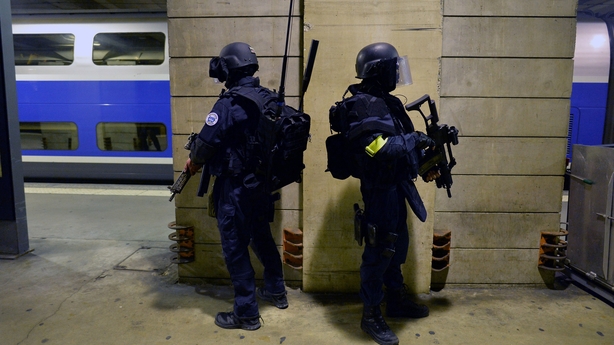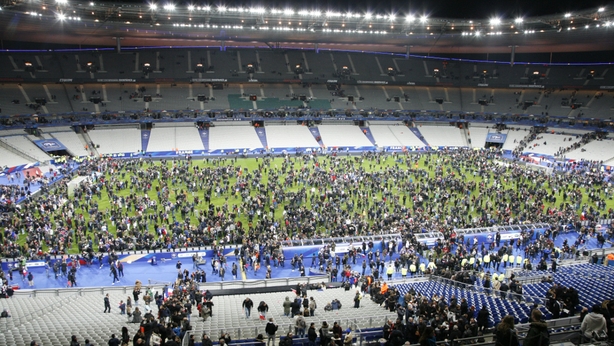France plans to extend the state of emergency put in place after the attacks on Paris in November 2015 for a further two months.
Prime Minister Manuel Valls said it would ensure security at the Euro 2016 soccer tournament.
"Faced with an event this big ... which must take place in conditions of security and which at the same time should be a celebration.... we have to ensure security," he said on France Info radio.
He said the state of emergency "cannot be permanent but on the occasion of these big events... we have decided to prolong".
The current state of emergency giving extra powers to police and security forces runs until 26 May.
The month-long Euro 2016 soccer tournament hosted by France starts on 10 June.

Mr Valls said Interior Minister Bernard Cazeneuve would propose the measure to other ministers later today.
It would then need to be voted in by parliament.
Police have had extra powers to search homes, hold suspects and put people under house arrest since the attacks on 13 November in which 130 people were killed.
The initial move was popular in France, but human rights groups have expressed concern at two extensions that have taken place since.
The Stade de France national stadium north of the capital, which will host the opening match and the final, was the site of a suicide bombing on the night of the attacks.

Other shootings and suicide bombings took place near the city centre at the Bataclan music venue and at cafes.
They were claimed by the so-called Islamic State group, which controls parts of Syria and Iraq.
Security arrangements for the competition are already stricter than usual.
The Stade de France alone will be watched over by about 1,200 security officials.
The average stadium security presence will be 900 strong, plus 200 volunteer ushers and 80 medics - about 30% more staffing than at normal matches.
CRS riot police and Gendarmerie divisions will also be deployed in the host towns.

